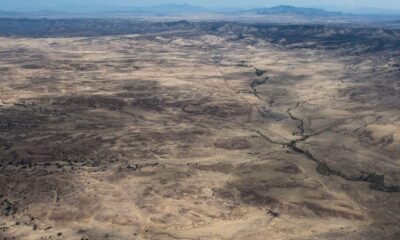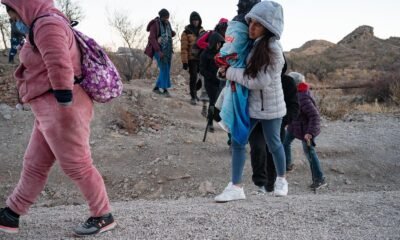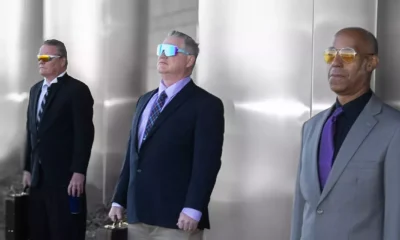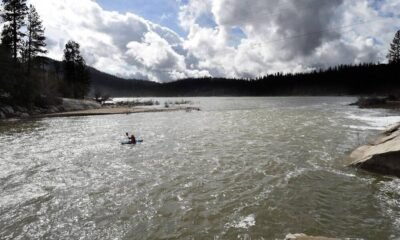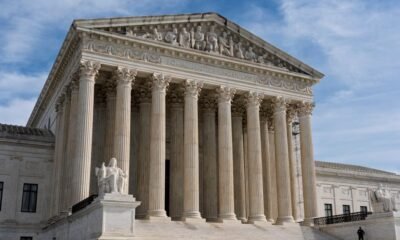Business
Supreme Court Rejects Apache Tribe’s Bid to Protect Sacred Az Land from Oak Flat Copper Mining
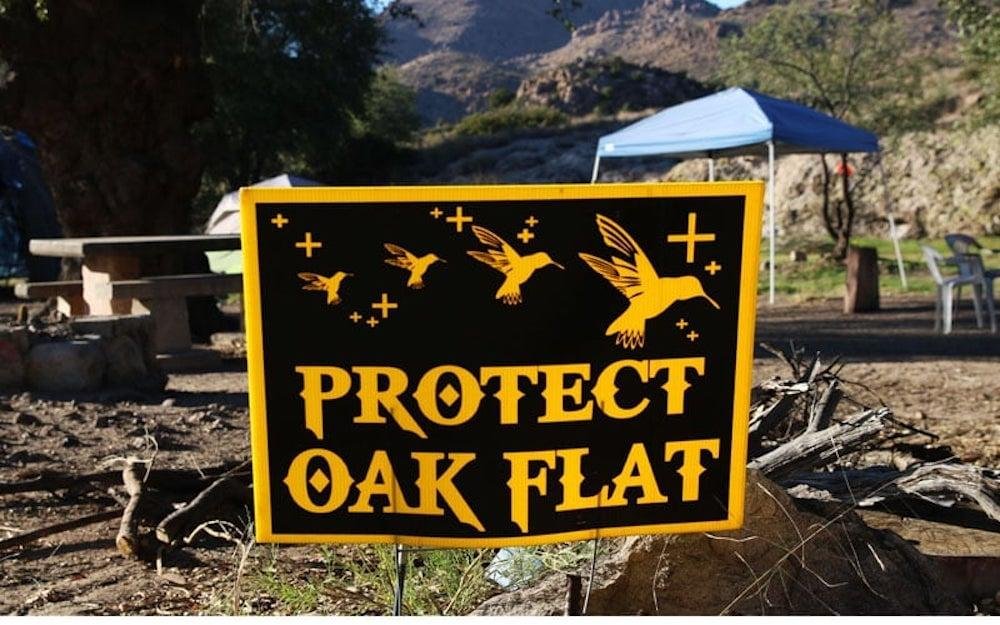
In a significant setback for religious rights, the Supreme Court declined to intervene in a contentious copper mining project situated on a sacred site for the Apache in Arizona on Tuesday.
Justice Neil Gorsuch, appointed by Donald Trump, labeled the decision a “grave mistake” in a detailed dissent co-signed by Justice Clarence Thomas. Gorsuch criticized the Court for dismissing the case, arguing that if the site in question were a historic cathedral instead of a Native American holy site, the outcome would have been different.
“They may live far from Washington, D.C., and their history and religious practices may be unfamiliar to many,” Gorsuch remarked, emphasizing the need to protect lesser-known religious beliefs. “Popular religious views are easy enough to defend. It is in protecting unpopular religious beliefs that we prove this country’s commitment to religious freedom.”
Chí’chil Biłdagoteel, or Oak Flat, spans 6.7 square miles and is rich in oak groves, springs, and archaeological sites. For the Apache, this land represents a direct link to their creator, central to their religious practices.
Despite its cultural significance, Oak Flat has drawn interest from Resolution Copper, which has sought to mine the area for two decades. The federal government initially protected it until 2014 when a land transfer was quietly included in the Defense Authorization Act. This transfer was expedited in the final days of Trump’s presidency.
The nonprofit Apache Stronghold subsequently filed a lawsuit, arguing that the transfer violated their religious rights. Although they secured some support in lower courts, it ultimately proved insufficient to preserve Oak Flat.
Gorsuch highlighted the merits of Apache Stronghold’s case, claiming it met all criteria for Supreme Court review. He critiqued the lower court’s ruling as legally dubious and inconsistent with other federal appellate opinions.
“Before allowing the government to destroy the Apaches’ sacred site, this Court should at least have troubled itself to hear their case,” Gorsuch wrote.
Renowned for his advocacy for tribal rights, Gorsuch meticulously detailed Oak Flat’s historical significance, sharing images of Apache ceremonies and land maps. He dismissed the lower court’s argument that the loss of the sacred site did not constitute a significant burden.
“To be sure, the government’s plan may promise the destruction of a sacred site,” he wrote. “But the court reasoned, none of that is enough to amount to a substantial burden under RFRA when the ‘disposition’ of federal land is involved.”
Gorsuch criticized the lower court’s decision as an outlier compared to other cases, voicing his concerns about the refusal to review the matter.
Dr. Wendsler Nosie, former chairman of the San Carlos Apache Tribe and founder of Apache Stronghold, vowed to continue the fight for Oak Flat despite the disappointing ruling. “We will never stop fighting — nothing will deter us from protecting Oak Flat from destruction,” he stated. “While this decision is a heavy blow, our struggle is far from over. We urge Congress to take decisive action to stop this injustice while we press forward in the courts.”
Luke Goodrich, the vice president and senior counsel at Becket, expressed disappointment in the Court’s departure from its historical commitment to religious freedom. “It is hard to imagine a more brazen attack on faith than blasting the birthplace of Apache religion into a gaping crater,” he remarked.


